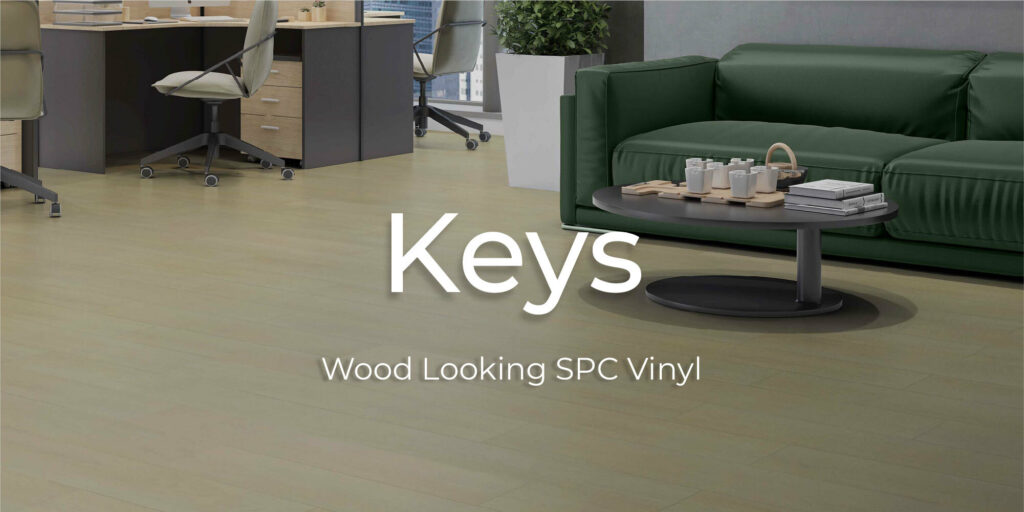Installation of Residential Waterproof Flooring
Residential Installation
When it comes to choosing flooring for your home, there are many factors to consider. Durability, maintenance, and style are just a few of the key factors that homeowners take into account. However, there is one factor that should never be overlooked: water-resistance. In areas such as kitchens, bathrooms, and basements, water damage can be a serious concern. Fortunately, there is a solution: residential installation waterproof flooring.
What is Waterproof Flooring?
Waterproof flooring is a type of flooring that is designed to resist water damage. It is typically made from materials such as vinyl, tile, or laminate, all of which have been specially treated to repel moisture. This means that if water spills or leaks onto the floor, it will not seep into the material and cause damage.
Why Choose Waterproof Flooring?
There are many benefits to choosing waterproof flooring for your home. First and foremost, it provides peace of mind. You no longer have to worry about spills or leaks causing damage to your floors. Additionally, waterproof flooring is easy to clean and maintain. It is also highly durable, which means it can withstand heavy foot traffic and wear and tear.
Types of Waterproof Flooring
There are several types of waterproof flooring available for residential installation. Vinyl flooring is a popular choice, as it is affordable, versatile, and easy to install. It comes in a wide range of colors and styles, so you can choose the perfect look for your home. Tile flooring is another great option, as it is highly water-resistant and durable. It also offers a classic, elegant look that can add value to your home. Laminate flooring is a newer option that has gained popularity in recent years. It is highly durable and can mimic the look of hardwood or tile flooring.
| Type of Waterproof Flooring | Description |
|---|---|
| Vinyl Flooring | Vinyl is a popular choice for waterproof flooring. It is available in a wide range of styles and colors, and can be installed in almost any room of the house. Vinyl flooring is easy to clean, durable, and resistant to moisture. |
| Tile Flooring | Ceramic or porcelain tiles are a great option for waterproof flooring in areas like bathrooms and kitchens. They are resistant to moisture and stains and can be designed to mimic the look of natural stone or wood. |
| Laminate Flooring | Laminate flooring is a synthetic material that can be made to look like wood, stone, or tile. It is resistant to moisture, easy to clean, and relatively affordable. |
| Engineered Hardwood Flooring | Engineered hardwood flooring is made from layers of wood, with a top layer of hardwood veneer. It is more resistant to moisture than traditional hardwood flooring and can be installed in areas like basements and bathrooms. |
| Concrete Flooring | Concrete flooring is an increasingly popular option for waterproof flooring. It is extremely durable, easy to clean, and can be customized with a variety of finishes. |
Keep in mind that these are just general advantages and disadvantages and may not apply to every specific type of flooring or individual situation. It’s always a good idea to do your own research and consult with a professional before making a final decision on what type of flooring to install in your home.
Choosing the Right Flooring for Your Home
When it comes to choosing the right flooring for your home, there are many factors to consider. If water-resistance is a concern, then waterproof flooring is the way to go. Vinyl, tile, and laminate are all excellent options that can provide durability, style, and peace of mind. Contact a professional flooring installer today to learn more about residential installation waterproof flooring and to find the perfect solution for your home.
Installation Process
The installation process for waterproof flooring is similar to that of traditional flooring. However, it is important to note that it must be installed correctly in order to ensure maximum water resistance. Professional installation is highly recommended, as experts have the necessary tools and knowledge to properly install the flooring.
During the installation process, the flooring installer will begin by preparing the subfloor. This may involve removing the existing flooring and ensuring that the subfloor is clean and level. Next, the waterproof flooring will be laid down, using adhesive or click-and-lock mechanisms to secure it in place. The installer will then make any necessary cuts or adjustments to ensure that the flooring fits perfectly into the space.
Maintenance and Care
One of the great things about waterproof flooring is that it is easy to maintain and care for. Regular sweeping or vacuuming can help remove dirt and debris from the surface of the flooring. For more thorough cleaning, a damp mop can be used. It is important to avoid using harsh chemicals or abrasive cleaners, as these can damage the surface of the flooring.
Overall, residential installation waterproof flooring is an excellent choice for homeowners who want a durable, stylish, and water-resistant flooring option. Whether you choose vinyl, tile, or laminate, you can be sure that you are making a wise investment in the value and longevity of your home. Contact a flooring professional today to learn more about the benefits of waterproof flooring and to schedule your installation.
Ready to upgrade your home’s flooring with waterproof flooring installation? Look no further than Bobsurfaces! Our team of experts will provide professional installation and high-quality materials to ensure your home is protected against water damage. Don’t wait any longer, contact us today to schedule your residential waterproof flooring installation and take the first step towards a worry-free home!


